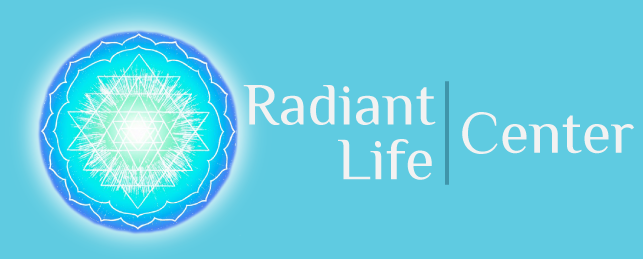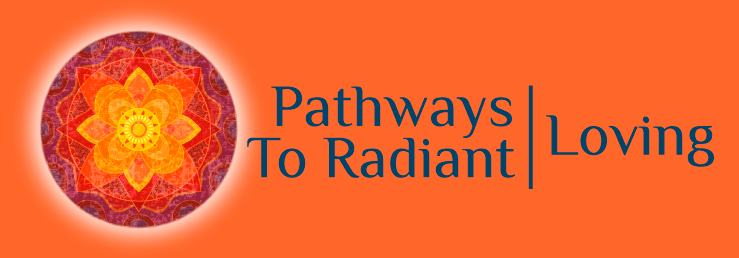Evolutionary Perspectives in Personal Growth
Counseling and Retreats for Couples


Drive All Blames Into One
"You absorb the poison of blaming others and the situation becomes medicine".
Chogyman Trungpa
In Buddhism there exist a particular type of mind training practices that involve the use of slogans that are designed as a set of antidotes to undesired mental habits that cause suffering. "Drive all blames into one" is one such slogan that we particularly like to work with and certainly when it comes to working in counseling with couples, it is a powerful slogan.
Blame causes much suffering and it is easy within the couple relationship to get caught in the blame game. We judge our partner, we view them as being in some way wrong or insufficient, we blame them for doing wrong and as a result we usually get their anger or defense. Great suffering results.
When we work with couples, we always work toward what we call "taking 100% responsibility". When we do this, we begin to withdraw blame.
Though you are not responsible for what your partner does, how they behave or act, you are responsible for what you see, how you interpret what you see, what emotions arise in you, and how you behave in response. Though we often might want to believe differently, no one can “make” us feel anything. Our partner’s behavior might trigger us to feel something, or to react or behave in a particular way, but ultimately we are in charge of the response to that reaction or trigger. Said another way, only oneself can change our reactive response.This is what it means to take 100% responsibility. This is the hardest and best work we can do in relationship.This is what it means to drive all blame into one - it causes us to look within and take responsibility for our own experience rather than look without and blame the other.
When we take 100% responsibility we can begin to withdraw blame from the other. This is a very positive move, as the blame game never works. In taking 100% responsibility we have the power to truly change. This is accomplished through identifying the triggers (perceptions) that cause uncomfortable emotion in us, understanding our own interpretation of the event which causes the emotion, allowing/releasing that emotion, and practicing a more skillful response. This helps us to incorporate new beliefs (interpretations) of what triggers us and to practice different behaviors in response, creating more connection and less repeating conflict.
And as Chogyam Trungpa so astutely pointed out .... the situation does become medicine.